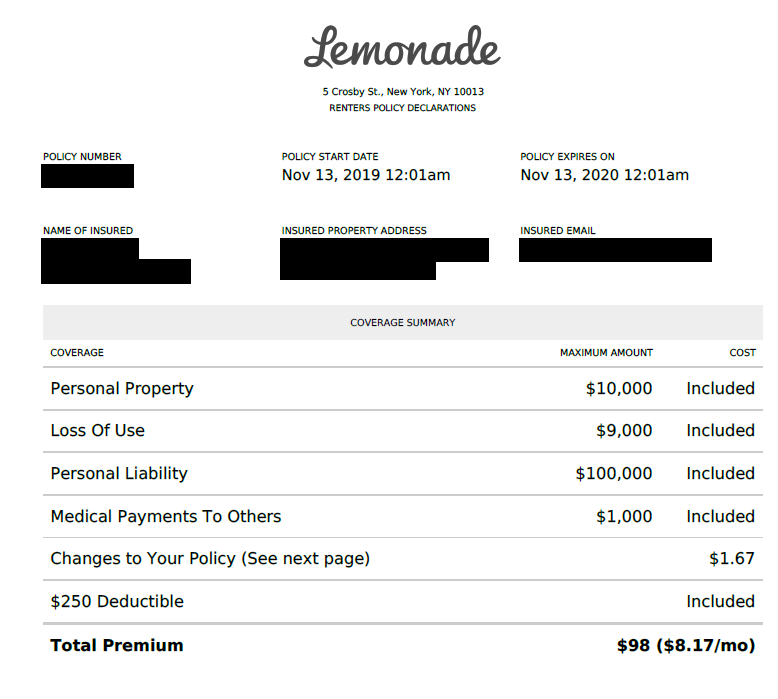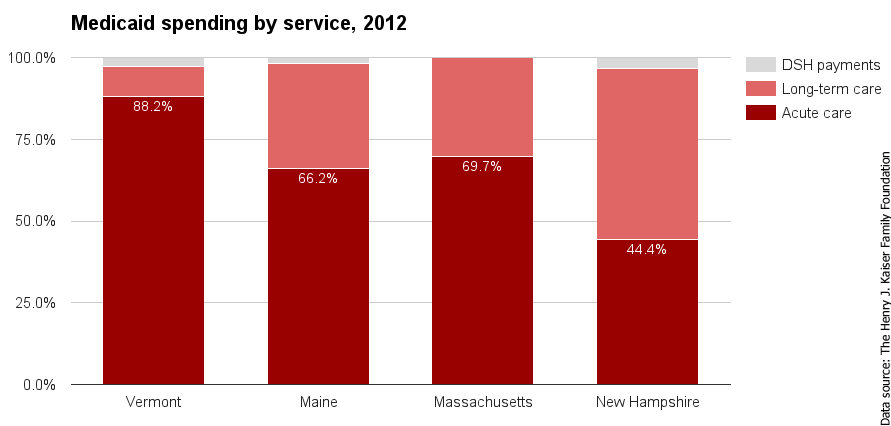
Many employers view health insurance as a critical component of their compensation. These benefits have been steadily rising in cost for the past ten years. Prescription drug costs, increasing deductibles and rising health system pricing are just a few of the reasons. These trends are leading to rising premiums and lowering wages. Many employers are unhappy with rising costs and increasing administrative burdens. Others are seeking non-wage options.
Employers are increasingly using wellness programs through wearable technology. One survey revealed that 55% of employers have access to data from employees' wearable devices. While health insurance continues to be driven largely by rising prices, employers are increasingly looking at alternative payment methods to help their employees.
According to the Congressional Budget Office the number of Americans who will continue to receive health care through their employer-sponsored plans will be the same 159 millions in ten years. This means that health insurance will remain a tax-favored option. In 2019, however, the cost for single coverage will exceed 9.86 percent of household income.

Premiums cover not only the price of health insurance, but also the cost to pay deductibles. In the United States, about a quarter of workers have a deductible of at least $2,000. The deductible for workers in the United States is approximately $2,000. Many businesses are now opting to be self-insured, which can reduce the overall cost of benefits. The self-insured plan can save money if claims are low. If the claim is more than anticipated, the employer will have to pay an additional amount.
Small group rates are determined by the age mix of the employees. Massachusetts is an example of this. Workers under 25 are paid $1186 per year and those over 25 get $6,896.
Larger employers have greater control of plan coverage. Many large employers offer biometric screenings for their employees. They offer a wellness program, which encourages employees visit lower-cost providers. Employers in the public sector have the option to customize their health care plans to suit their individual needs.
The Affordable Care act will allow employers with 51 to 100 employees to enter a merged insurance market for 2016. Premiums will increase for these employers by up to 9 percent. States are required to establish a rate each year. For those who fail to offer affordable plans, a $3480 annual penalty will be imposed.

To comply with the ACA some small employers will need to make additional contributions to subsidize employee health insurance. Massachusetts has a 50-percent minimum contribution from employers.
Despite these requirements however, there is still a decrease in the number of employers that offer health insurance. After a decade with rapid increases, many small businesses are now frustrated by the uncontrollable price of benefits. Although these health insurance rates are not increasing for most employers, some are still finding it difficult to retain employees.
The unemployment rate is low and this means that it is becoming more difficult to retain employees. Employers face this issue. Employers that don't offer their employees health insurance will face a $2320 per-employee penalty. For failing to comply COBRA, which requires employers to offer continuing health care to employees, there are thousands of dollars worth of fines.